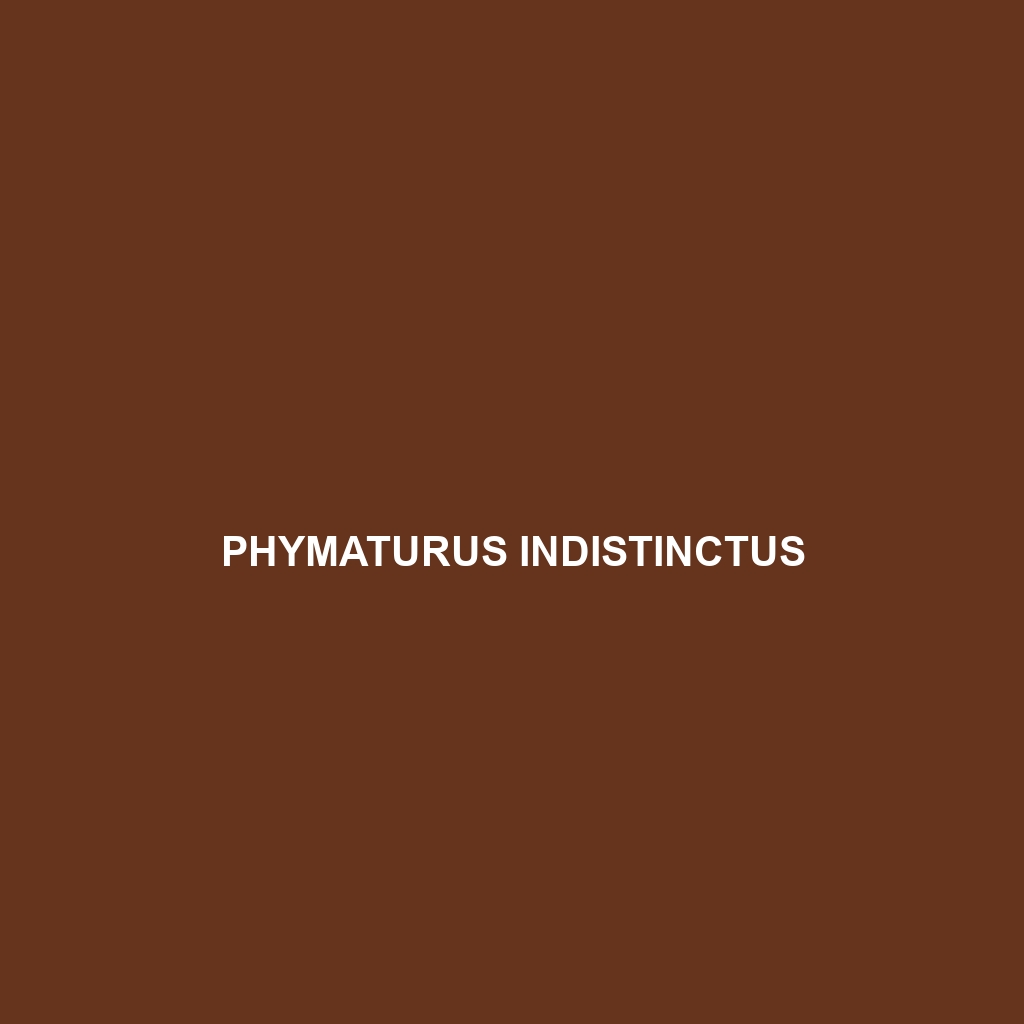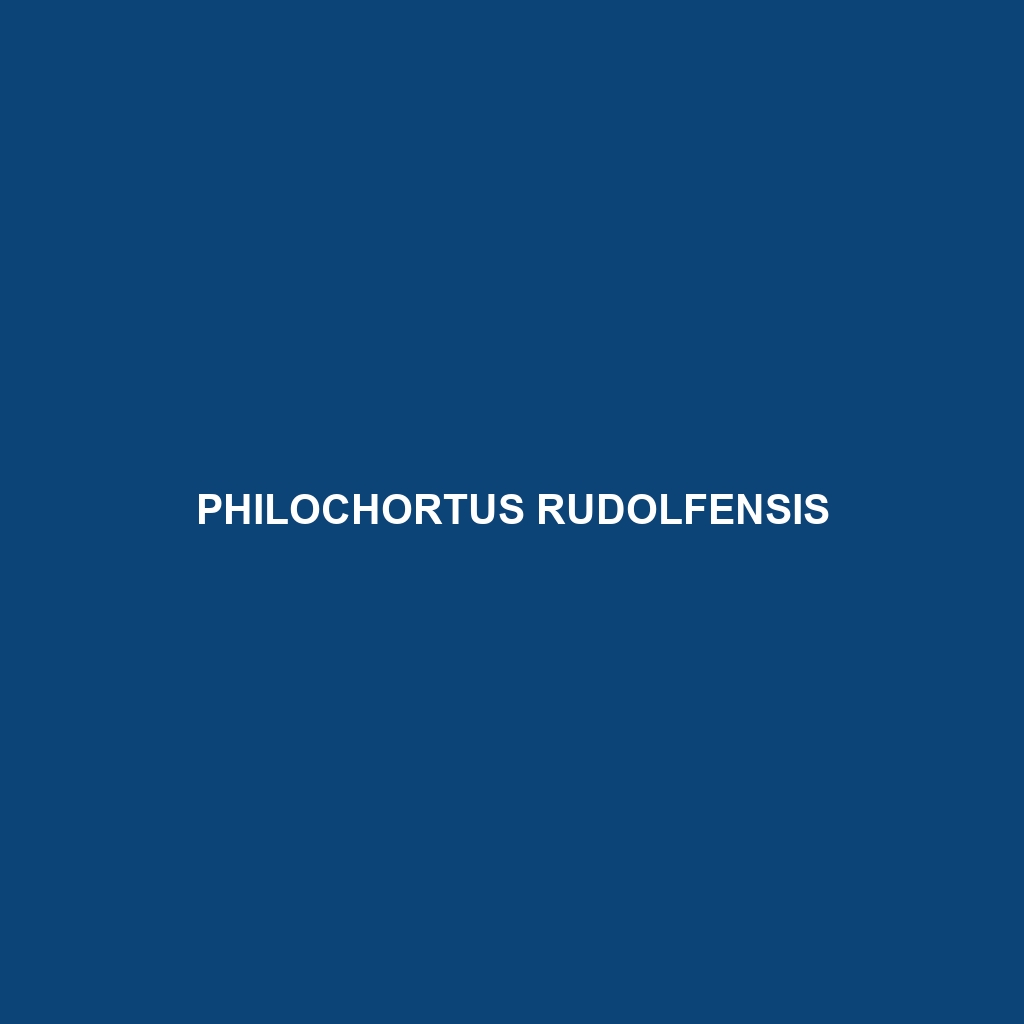<b>Pristidactylus alvaroi</b> is a medium-sized lizard native to temperate regions of southern Chile and Argentina, characterized by its elongated body, adaptive coloration, and diurnal behavior. This omnivorous species plays a vital role in its ecosystem by regulating insect populations and contributing to the food web, while also showcasing unique behaviors such as territorial displays and a fascinating mating dance.
Tag: omnivorous lizard
Polychrus marmoratus
Discover the Polychrus marmoratus, or marmorated skink, a stunning 25-35 cm tropical lizard known for its remarkable camouflage and diurnal habits. Found in the rainforests of Central and South America, this omnivorous species plays a vital role in its ecosystem by controlling insect populations and assisting in seed dispersal.
Pristidactylus alvaroi
<b>Pristidactylus alvaroi</b> is a medium-sized lizard native to temperate regions of southern Chile and Argentina, characterized by its elongated body, adaptive coloration, and diurnal behavior. This omnivorous species plays a vital role in its ecosystem by regulating insect populations and contributing to the food web, while also showcasing unique behaviors such as territorial displays and a fascinating mating dance.
Polychrus marmoratus
Discover the Polychrus marmoratus, or marmorated skink, a stunning 25-35 cm tropical lizard known for its remarkable camouflage and diurnal habits. Found in the rainforests of Central and South America, this omnivorous species plays a vital role in its ecosystem by controlling insect populations and assisting in seed dispersal.
Podarcis tiliguerta
<b>Podarcis tiliguerta</b>, commonly known as the <i>Italian Wall Lizard</i>, is an adaptable species found in Mediterranean regions, celebrated for its striking coloration and diurnal behavior. With a diet of insects and plant matter, it plays a crucial role in the ecosystem by controlling pest populations while also serving as prey for larger animals.
Physignathus cocincinus
<h2>Chinese Water Dragon (Physignathus cocincinus)</h2> <p><b>Physignathus cocincinus</b>, or Chinese water dragon, is a vibrant, agile lizard native to the tropical and subtropical rainforests of Southeast Asia, known for its impressive size of 2 to 3 feet, distinctive dewlap, and an omnivorous diet. With a unique ability to swim and change color for camouflage, these lizards thrive in humid environments near water, playing a vital role in their ecosystem by controlling insect populations and aiding plant regeneration.</p>
Phymaturus indistinctus
<p><b>Phymaturus indistinctus</b> is a resilient lizard native to the rocky shrublands of southern South America, characterized by its robust body, diurnal behavior, and a diverse diet of insects and plant material. Currently classified as vulnerable, this species plays a vital role in its ecosystem, balancing populations of small invertebrates while adapting uniquely to its arid environment.</p>
Phrynocephalus raddei
Discover the fascinating Radde's Agama (Phrynocephalus raddei), a medium-sized lizard native to the arid regions of Central Asia, known for its robust body, ability to change color for camouflage, and essential role in maintaining insect population balance within its ecosystem. This diurnal lizard thrives in rocky outcrops and dry grasslands, showcasing vibrant colors during mating rituals.
Philochortus rudolfensis
<p><b>Philochortus rudolfensis</b> is a diurnal omnivore native to East Africa's savannas and grasslands, recognized for its agile movement, striking coloration, and social foraging behavior. This species plays a vital ecological role by controlling insect populations and facilitating seed dispersal, while its conservation status is currently classified as Least Concern.</p>
Philochortus hardeggeri
Discover the Philochortus hardeggeri, also known as Hardegger's skink, a vibrant and adaptable lizard native to tropical and temperate forests in Southeast Asia. This semi-arboreal omnivore plays a vital role in its ecosystem by controlling insect populations and contributing to soil health, while its ability to regenerate its tail and unique coloration make it a fascinating species to observe.









